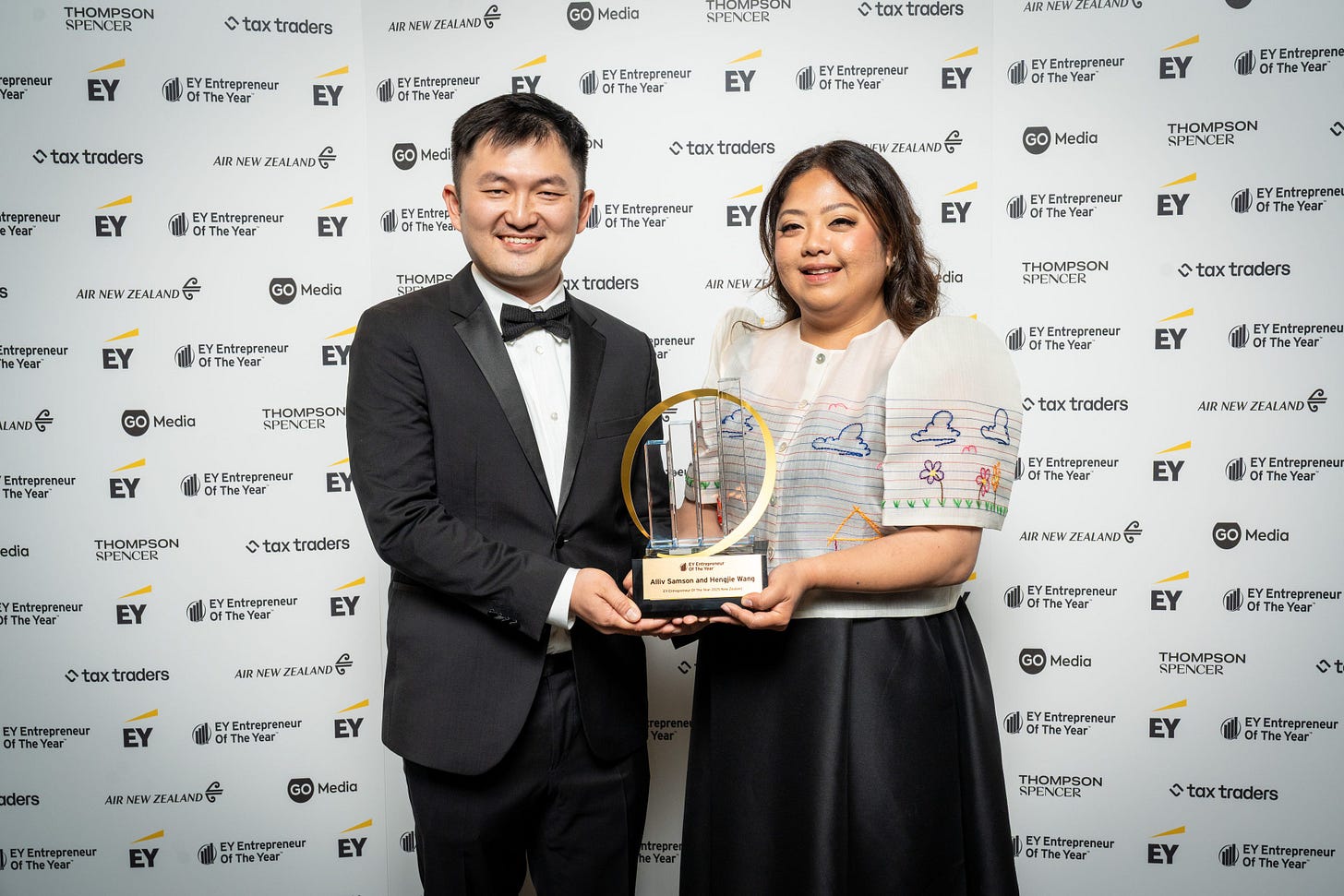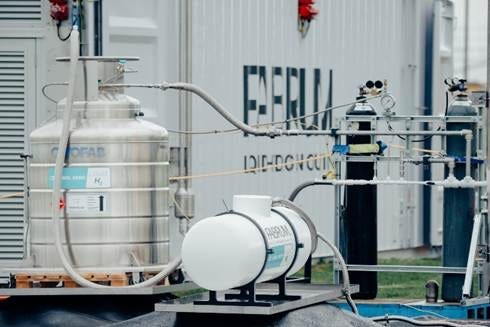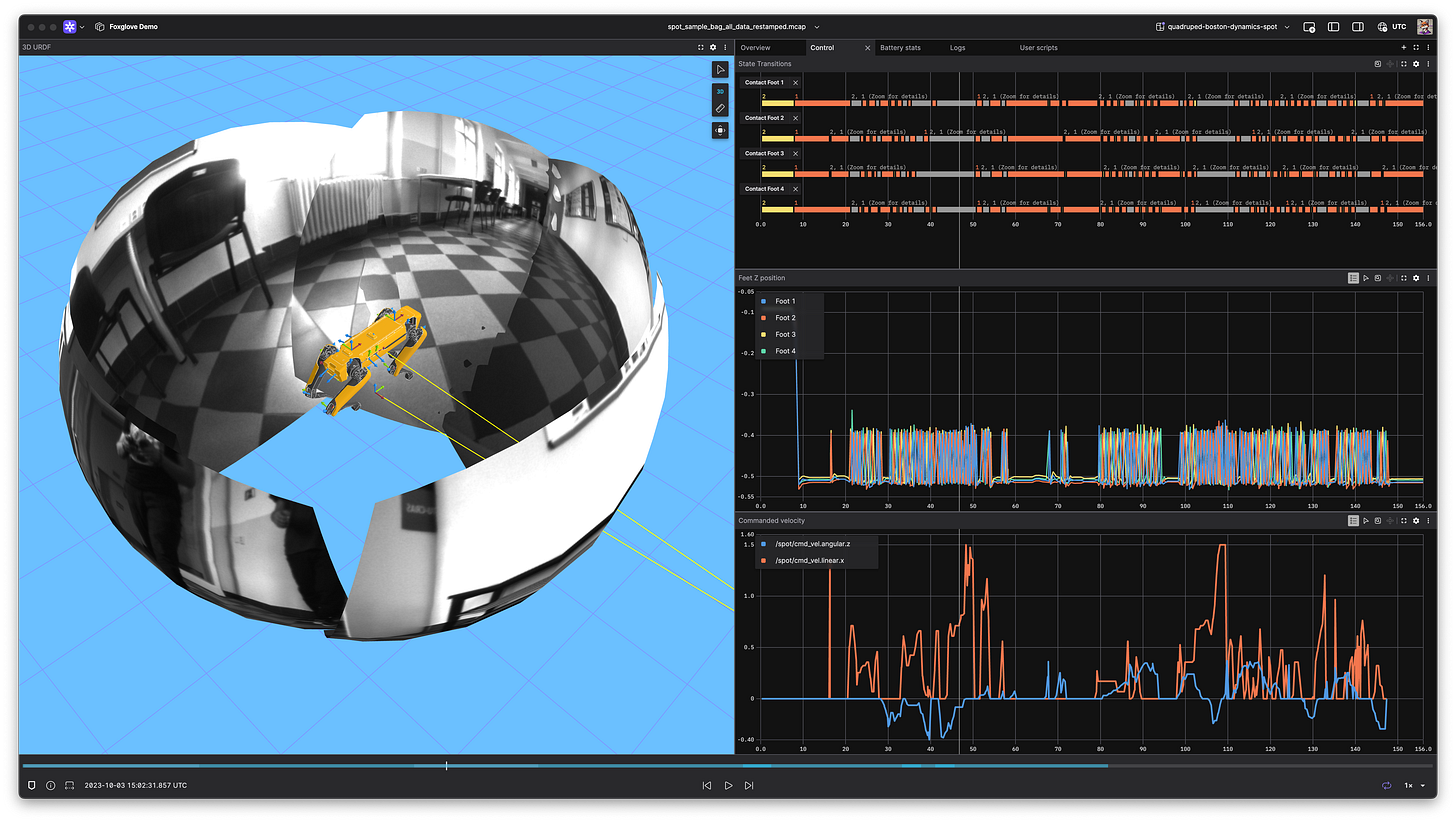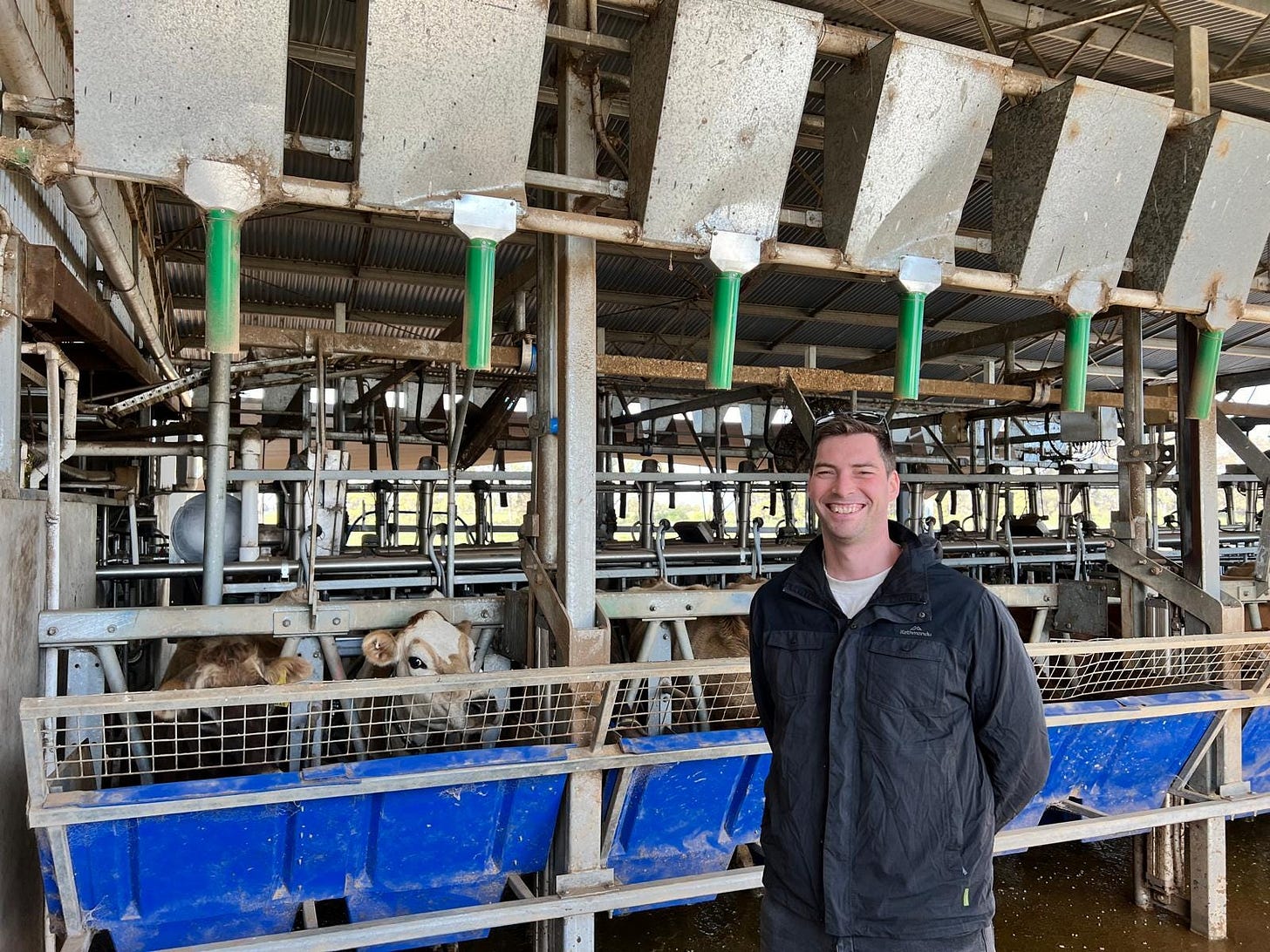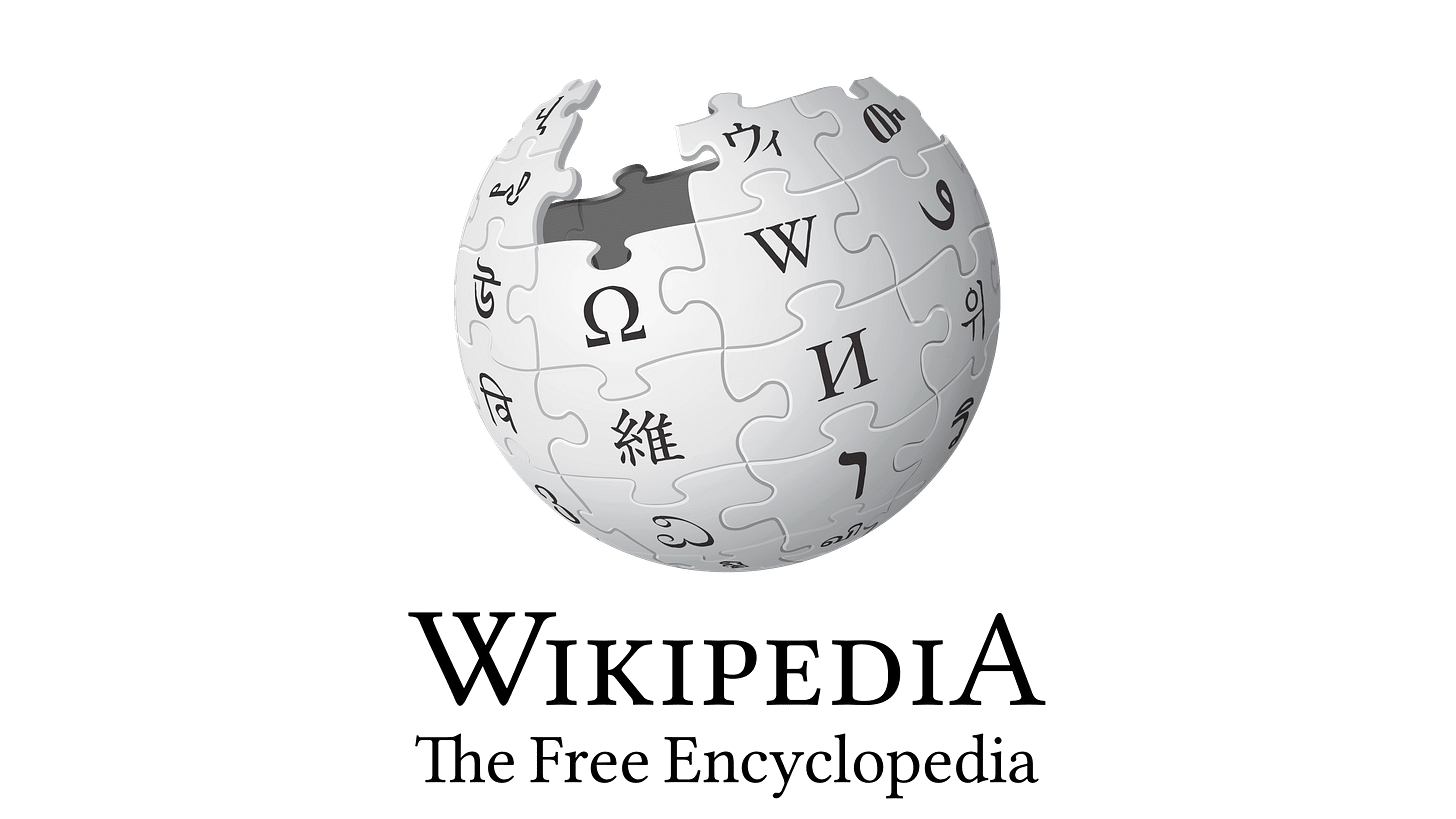Startup stories from the last seven days
What you might have missed last week on Caffeine.
Welcome to Monday!
As always, we’re recapping a few of our favourite stories from the last week and will kick back into our full newsletter from tomorrow - with Finn back on the tools.
Have a great start to your week,
The Caffeine team
Kami co-founders announced as EY Entrepreneur of the Year: As I wrote yesterday’s Daily Shot acknowledging how we’ve featured Alliv Sampson and Hengjie Wang a bit recently, I thought to myself, “What’s the bet they bloody win EY Entrepreneur of the Year and I write about them again tomorrow?” Sure enough, here we are.
Even if you’re familiar with Kami, it’s worth going over the top line: Founded in 2013, Kami is a platform that turns static classroom materials into interactive, accessible learning resources. It now has more than 70 million users across 180 countries. Alliv and Hengjie also received the Tech and Emerging Industries Entrepreneur award after demonstrating measurable impact, entrepreneurial spirit and signifiant growth over the last decade.
“In a field of high-calibre finalists, Alliv and Hengjie distinguished themselves through consistent execution and the scale of their impact, taking Kami to the world. The purpose-driven work in transforming their industry is creating change that not only improves access to education, but makes a real difference for young people who will be the future leaders of tomorrow,” said Phil Thomson, EY Entrepreneur of the Year™ New Zealand 2025 Chair of Judges.
Massive congratulations to them, and to the other category winners too:
Kate Gatfield-Jeffries (Moodi), Young Entrepreneur
Chris Benham (The Village Goldsmith), Product Entrepreneur
Taurus Taurima (Topline Contracting), Services Entrepreneur
James Annabell (Egmont Honey), Master Entrepreneur
World-first liquid-hydrogen refuelling delivers major step toward Australasia’s first hydrogen-electric flight: I’m a big fan of the potential for green hydrogen as an emissions-free fuel, particularly in the transport sector, where there isn’t really an alternative to high carbon-emitting fossil fuels.
Fabrum, AMSL Aero and Stralis Aircraft are together working on the world’s first long range, zero emissions eVTOL aircraft, which is scheduled to have its first flight next year. Building towards that, they’ve just successfully filled their pioneering composite aviation tanks with liquid hydrogen produced and stored on-site at Christchurch Airport.
Naturally, you don’t fly a plane if you can’t fill it with fuel, so while this seems a fairly fundamental step, it’s also a critical one - not least because the specially engineered composite tank needs to be as light as possible in order to, um, fly.
There’s some cool promo footage and background info here, complete with fantastically inspirational background music, and a great quote from Fabrum Co-Founder and Technical Director Hugh Reynolds: “Everyone else is talking about it and doing paper studies - we’re making them.”
Kiwi-founded Foxglove Raises US$40m Series B: Chalk this one up as a significant step towards robots coming into our daily lives. Foxglove is co-founded by Kiwi Adrian Macneil (along with Roman Shtylman, who deserves a shout out too, I guess), and essentially they build the software behind things like self-driving cars, warehouse robots and other autonomous systems.
The funding round was led by Bessemer Venture Partners, with support from Icehouse Ventures, among others. It’s all about enabling them to power and scale the future of “physical AI”. It’s labelled a “generational platform shift - at least as impactful as mobile computing or cloud infrastructure.”
Congratulations also to Icehouse Principal Mason Bleakley for getting two quotes in two days in this newsletter: “Like any frontier technology, there’s always a lot of froth to work through as investors, but Adrian and his team have developed tools which deliver genuine value to the leading companies in physical AI…
“[Adrian has] quickly become one of the most important emerging leaders in this space. For us, it’s not just a chance to back the best Kiwis, but for New Zealand investors to be able to share in the success of our brightest entrepreneurs like Adrian around the world.”
Number 8 Bio secures $11m Series A funding for NZ regulatory approval: To boil it down to one sentence, Number 8 Bio makes animal feed that stops cows burping so much. In trials, its BetterFeed product reduced methane emissions by up to 90%. Remarkable stuff.
Kiwi co-founder Dr Tom Williams says, “Every burp represents lost nutrition. Up to 12 per cent of what farmers feed their animals is literally disappearing into the air. That’s inefficiency, and inefficiency is exactly where innovation should start.”
The raise was led by Icehouse Ventures, and will accelerate BetterFeed’s path to market in New Zealand and Europe. Icehouse Principal Mason Bleakley says methane reduction is the “holy grail” of agriculture, and while many try, the commercialisation of a solution is the big challenge. “Most efforts fail at the first hurdle: making a business model that works. When I met Tom, it was clear that Number 8 Bio was a startup with the economics figured out,” he says.
Call me naive, but if $11m is the going rate for regulatory approval then jeez that’s a roadblock isn’t it? I hope for their sake there’s at least some left over.
How much of your AI response comes from Wikipedia? That is the million dollar question, with Wikipedia going public with a request for AI developers to use its content “responsibly” - whatever that means.
This is reportedly all part of Wikipedia’s plan to stay in business in the AI era. It seems AI products might be doing that thing we were all told NOT to do as students, and scraping Wikipedia for (free) content without it being properly verified.
The bit that makes me laugh though, is Wikipedia’s issue isn’t so much with the voracity of the content supposedly being used (unlike my university lecturers), but more about it not being credited or paid for. “For people to trust information shared on the internet, platforms should make it clear where the information is sourced from and elevate opportunities to visit and participate in those sources,” it says. So next time ChatGPT cites Wikipedia as a source for your response, all good then, right?
Want to get in touch with a news tip, a slice of feedback or just to chat? Email hello@caffeinedaily.co



